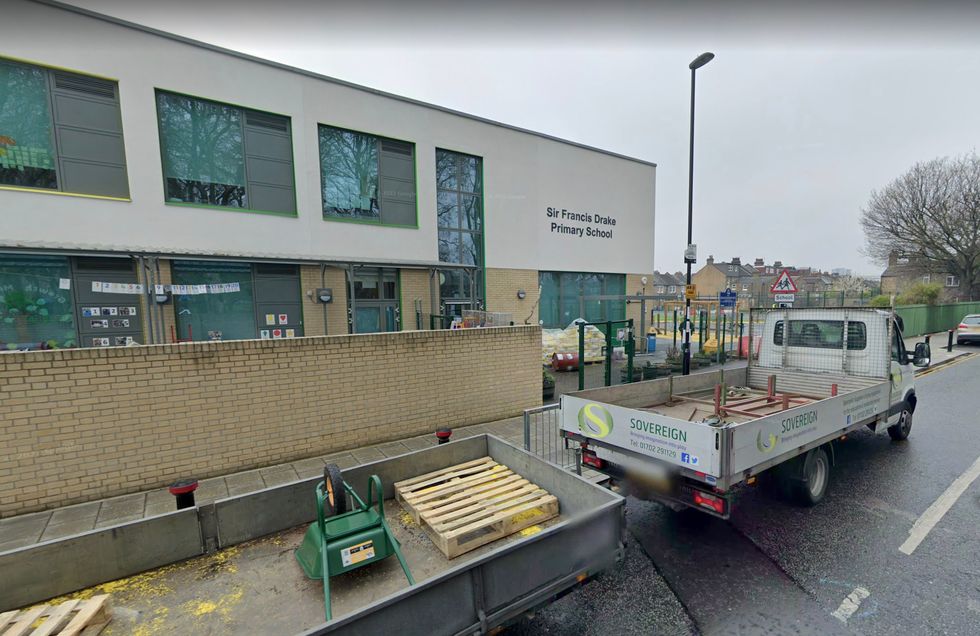Iconic British explorer Sir Francis Drake CANCELLED as London school changes name over 'slave trade links'

The school had been "at odds" with its previous name, according to its governors.
Image: Google Maps

A school in London named after Sir Francis Drake has had its named changed following a vote.
The school in Lewisham is now called Twin Oaks Primary School, after it had been “at odds” with its previous name, due to its connections with the 16th Century slave trade.
The school’s governing body had decided to launch a consultation to change the name.
The new name was suggested by pupils who wanted to embrace the two oak trees that grow outside the entrance.
Formerly called Sir Francis Drake Primary School, this will no longer be the case after 88% of 450 parents, staff, pupils and local residents voted in favour of a new name.
The school will also be rebranded with a new logo as it launches a competition for pupils to design one.
Headteacher Karen Cartwright says she was “thrilled” pupils played such a “central role in this renaming process”.
Sir Francis Drake was knighted after his circumnavigational voyage.
PA Archive/PA Images
She assured parents in a letter that costs of the rebrand will be kept to a minimum, adding students will continue wearing their current uniform until they outgrow it.
The school is hopeful a new branded uniform will be available for those who need it from September.
Drake was knighted in 1581 in Deptford, south-east London, and is credited for defeating the Spanish Armada’s invasion of England in 1588.
He also became the first Englishman to circumnavigate the globe.
Drake was also one of the earliest exponents of the slave trade following his career as a naval officer, bringing African men and women to work in the English colonies of North America in the 16th Century.